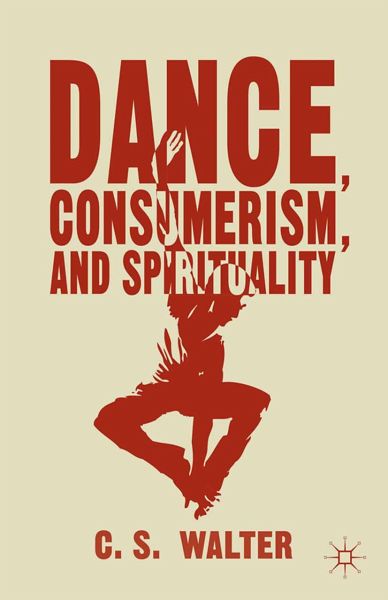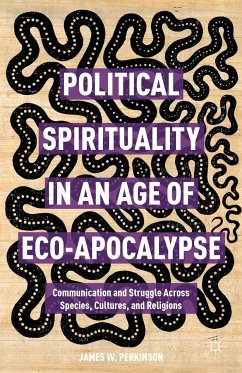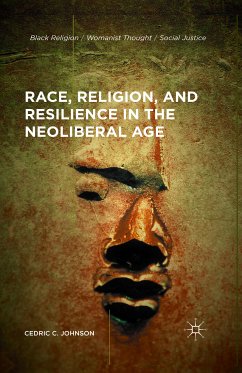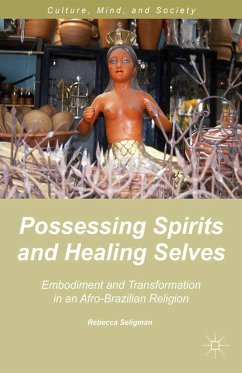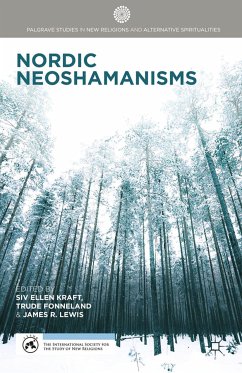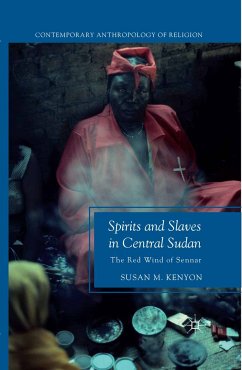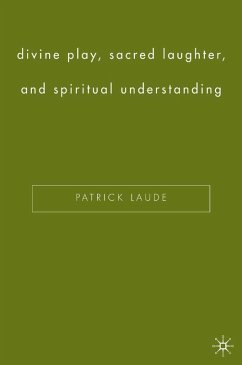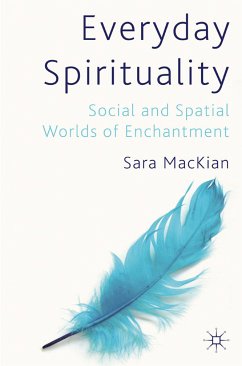"Dance, Consumerism, and Spirituality is an interesting look at how the mystical connects to the human body and how people's need to consume brings these elements together. ... it is an ambitious marriage of dance studies, religious studies, anthropology, and performance." (Joseph R. D'Ambrosi, Performance, Religion and Spirituality, Vol. 1 (02), 2018)
"What if we could dance life? C. S. Walter's book is an introspective, fascinating, and thought-provoking exploration of dance, spirituality, and consumption. Her authorial voice drives readers through a very interesting personal and theoretical journey across literatures in religious studies, anthropology, aesthetics, marketing, and consumer research that puts the book at the center
of body, gender, and the lived experience of mysticism." - Diego Rinallo, Associate Professor, Marketing and Consumer Culture, Kedge Business School, France and co-author of Consumption and Spirituality (2012)
"As a clergyperson deeply interested in today's postmodern spiritualities, I found this to be a very helpful book, particularly in my work with teenagers and young adults. C.S. Walter's mystical womanist perspective provides new insights into the interactions between spirituality, the arts, electronic media, and consumer culture. Her 'theodancecology' shows how we all might all become more fully human." - Rev. Dan Harper, Associate Minister, Religious Education, Unitarian Universalist Church, Palo Alto, USA
"Social philosopher Cornelius Castoriadis once suggested that 'Being' should be examined through other paradigms than the manifest and object-based, for example through the paradigm of a dream, a poem or a symphony. To me, Walter's book is a daring exploration of a radically different paradigm, namely dance, for understanding Being, and more specifically consumption as a phenomenon. As such, it is a most welcome addition and challenge to established paradigms." - Søren Askegaard, University of Southern Denmark
